Live Reporting
- With eggs hard to come by in UK supermarkets, poultry breeders and suppliers are seeing a huge increase in demand for hens.Suzie Baldwin of Hollywater Hens in Hampshire says the industry has “gone mad” this month.She has had to limit customers to three chickens each, having had people requesting up to 20 birds.While she has refused to sell to people without the proper set up, she is concerned about what happens to all the animals when those buying them return to work once restrictions are lifted.Howard Dobson of Poultry Paddock in Staffordshire says he sold a month’s supply of laying hens within 24 hours on Friday, a surge he puts down to people wanting a pastime while self-isolating, as well the lack of eggs in shops.He also has had enquiries from people wanting to rear their own chickens for meat, which he says is “quite unusual”.Liz Andreozzi of Sussex Garden Poultry says her phone has not stopped ringing, despite having sold out of her month’s supply last week.She too is “hugely concerned” about the hens’ welfare and is now looking to put in place social-distancing measures to keep herself and customers safe for any future sales.
- The death toll is finally starting to drop in Italy, the new epicentre of the coronavirus pandemic. But how did the outbreak begin?Scientists believe the virus originated in infected animals at a seafood and wildlife market in the Chinese city of Wuhan, where it crossed the species barrier.We still don’t know exactly how it began, but one possible scenario is that a bat left a trace of coronavirus in its droppings and a wild animal picked up the infection from the excrement, allowing it to circulate in wildlife and eventually be passed onto humans.More than 70% of emerging infections in humans are estimated to have come from animals - particularly wild ones.The virus is then thought to have spread among humans through droplets from the nose or mouth, or by people coming into contact with contaminated surfaces or skin.As people travelled around the world, it was brought to new countries, and as it is a new strain of coronavirus there is not yet any vaccine against it.
- Italy has reported another 602 deaths from coronavirus, Reuters news agency says. That brings the total death toll up to 6,078 - but it means that the daily number of deaths has fallen for the second day in a row, down from 651 on Sunday.Crucially, our Rome correspondent Mark Lowen says, the rise in new infections has slowed again, from 9 to 8.1%.
- UK Health Secretary Matt Hancock says a total of 7,563 retired clinicians have answered the government's call to return to work in the NHS.The emergency bill currently being debated by MPs gives powers to re-register workers such as nurses, midwives, paramedics and social workers."I want to pay tribute to every single one of them," Mr Hancock said.
- Panic-bought toilet roll? Well, there's now a stool-themed tool that shows you exactly how excessive you've been.Dmytro Spilka, from London, developed the Coronavirus Poop Calculator - or the Poop Tool for short - when he saw people clearing supermarket shelves of loo roll. Often, this had led to empty shelves for those who really need it."The main purpose of the tool is to help people realise that they don't actually need that much toilet paper to survive the quarantine, thereby allowing others - more vulnerable people - to shop normally," he told us at the BBC.
- New York Governor Andrew Cuomo says he will issue an order demanding state hospitals increase their capacity by at least 50%.There are at least 20,875 confirmed cases in New York state - making up almost 6% of cases worldwide.Mr Cuomo echoed concerns from officials throughout the country about states competing against each other for supplies amid widespread shortages.“I’m bidding up other states,” he said. “California offers them $4, I offer $5, another state calls in and offers $6. It’s not the way to do it.”The governor said he had spoken to Illinois Governor Jay Pritzker, who has also expressed anxiety about the state-by-state bidding war for desperately needed supplies, such as masks and ventilators.Governor Cuomo said he had made progress in securing hundreds of thousands of items equipment - including masks, gloves and gowns.“Today we can get masks to everyone who needs them,” he said.His announcement follows continued warnings from New York City Mayor Bill de Blasio about his city’s dire need for medical supplies.“If we don’t get the equipment, we’re literally going to lose lives,” he said.So far, New York has tested more than 78,000 people, Mr Cuomo said - more testing per capita than South Korea, which has been heralded for its efficient response.
- A further 46 people in England who tested positive for Covid-19 have died, NHS England has said.The patients were aged between 47 and 105 years old and all had underlying health conditions.This brings the total UK death toll to 335, with four deaths announced in both Scotland and Wales earlier on Monday.
- Over the past week, the UK’s prime minister has been holding daily press conferences, normally held around 17:00 GMT.But the BBC's political editor Laura Kuenssberg says Boris Johnson will be chairing his daily emergency meeting to address the crisis at that time.She says we are expecting to hear more from the PM later this evening though, so stay tuned for more updates.
- Social distancing is at the centre of debate in the UK, after people were pictured ignoring government advice and crowding into parks and other places over the weekend.Health Secretary Matt Hancock described the behaviour as "very selfish", and the government said it was prepared to follow other countries in taking "more action" if its advice wasn't followed.Social distancing is important because the coronavirus spreads when an infected person coughs small droplets - packed with the virus - into the air. These can be breathed in, or can cause an infection if you touch a surface they have landed on, and then touch your face with unwashed hands.You can read more about the UK advice on social distancing and self isolation here, or watch the video below.
Video content
- In the House of Commons, MPs have started debating a new law to give emergency powers to the UK government to tackle the coronavirus outbreak.Among other powers, the bill would allow officials to shut airports and detain people on public health grounds, while immigration officials could place people in isolation.The powers were due to last two years - but after some opposition MPs voiced concern, the government has agreed to amend the bill so they have to be renewed every six months.UK Health Secretary Matt Hancock says the bill contains powers "never seen before in peacetime," but they are "proportionate to the threat we face".
- The head of the World Health Organization (WHO) says the coronavirus pandemic is "accelerating".Speaking at a press briefing in Geneva, WHO Director General Tedros Adhanom Ghebreyesus said: “It took 67 days from the first reported case to reach 100,000 cases, 11 days for the second 100,000 cases, and just four days for the third 100,000 cases.”He said he would address G20 heads of state and government this week to ask them to work together to boost production of protective gear.
- British MPs are due to go on their Easter break on 31 March - but rumours have been circulating they might shut up shop early because of the coronavirus outbreak.Leader of the House, Jacob Rees-Mogg, has told MPs it is being considered, but the government wants to ensure emergency legislation to tackle the crisis goes through first.The initial stages of the bill are due to begin on Monday afternoon.His statement comes after the Speaker Sir Lindsay Hoyle announced a number of measures to increase social distancing while Parliament is open.They include staggering votes, looking into video conferencing for committees, and closing bars - as well as banning alcohol sales on the estate immediately.
- British bus operators have been announcing reduced timetables, in response to the government's measure's to prevent the spread of the coronavirus.Operators in north-east England and Scotland have said they will reduce services from Monday, while there will be fewer services in the West Midlands from Wednesday. It follows similar commitments from other operators.It comes as many people across the country begin to work from home in order to reduce the chances of spreading the virus.The government has told BBC News it is working with bus operators and "urgently looking at ways to support the industry".Meanwhile, new rail timetables began across the UK on Monday. Many passengers affected have been told they are entitled to refunds.
- Europe's Schengen area is the largest border-free zone in the world, but efforts to limit the spread of the coronavirus have caused serious disruption.European Commission President Ursula von der Leyen has announced so-called "green lane" measures to make sure goods keep flowing throughout the whole of the single market."The measures introduced to slow down the spread of virus have also slowed down and sometimes paralysed transport," she said in a video posted on Twitter."The priority is now to ensure that the main axes of our traffic in the EU are unblocked."The commission president announced a four-point plan. Border crossings should take no more than 15 minutes, green lanes are open to all forms of goods, member states should relax regulations on drivers, and there should be less paperwork for transport workers."The fight against the virus will take a long time," she said. "The strength and the means to win that fight will come from our great single market."
- Just a few weeks ago, the BBC World Service produced this video (above) about professional dog walkers in Buenos Aires. You normally see them all around the city, often wrangling multiple leads and they are vital to many workers with limited outside space.It has all changed since then.Now, their work is forbidden; you can’t even walk your own dog. The whole of Argentina is under strict lockdown and people have been told they can only take their dogs outside to “do their business”.Those who disobey face detention. Buenos Aires’ Justice Secretary Marcelo D'Alessandro said 564 people had been detained in the city up until Monday. Nationwide, the number is close to 5,000, according to figures from the previous day.Mr D'Alessandro told local station Radio La Red they were also stopping drivers en route to beach towns to question them. One driver insisted he was going to look after his mother, but two surfboards on the roof aroused suspicion.
- There have been increasing numbers of people reporting a lost sense of smell and taste on social media.Some have tested positive for the new coronavirus, while others who haven’t had a test wonder if the symptoms could be another common sign of it.Ear, nose and throat (ENT) specialists in the UK have also noticed the rising reports of anosmia - the term for loss of smell - amid the pandemic.It's no surprise that this would happen - viruses behind the common cold often cause us to lose our sense of smell and/or taste too.But the specialists say it should be added to the list of symptoms for triggering self-isolation - especially in the absence of any other symptoms.The move could “reduce the number of otherwise asymptomatic individuals who continue to act as vectors, not realising the need to self-isolate”, says the doctors’ body ENT UK.The American Academy of Otolaryngology agrees that the symptoms should alert doctors to screen patients for the virus.And with ear, nose and throat surgeons currently experiencing higher rates of infection compared to other healthcare workers, there could be a link.In Germany, specialists note that more than two-thirds of coronavirus cases experienced anosmia.In South Korea, 30% of patients who tested positive said a lost sense of smell was their main symptom if their other symptoms were only mild.However, the evidence at present is all anecdotal and has not been confirmed by research.The main symptoms of coronavirus continue to be a high temperature and a new, continuous cough, which means coughing a lot for more than an hour, or three or more coughing episodes in 24 hours.
- If you're just joining us, here's a summary of what's happened in the UK so far today:
- The UK government says it is willing to bring in stricter measures to enforce social distancing if some people continue to ignore advice. Read our full story here
- People across the UK who are most at risk from the virus are being told to stay at home for 12 weeks
- Meanwhile, MPs are set to debate emergency legislation that would grant powers aimed at tackling the pandemic.
- Parents are being urged to keep their children at home, unless "absolutely necessary", with schools across the UK now closed to most pupils
- The government has announced a package of measures to help the UK rail industry and has promised commuters with season tickets that they will receive a refund if they choose to stay at home
- All new jury trials in England and Wales have been halted until they can be conducted safely
- The UK's death toll has reached 289 - including a person aged 18 with an underlying health condition. There are 5,683 confirmed cases of the virus
- Ethiopia has introduced strict measures, including closing its borders, as the number of confirmed cases rises to 11.Prime Minister Abiy Ahmed announced that from Monday, the nation's defence forces would halt all movement along Ethiopia's borders except for goods coming in.Security forces are also going to enforce a ban on large gatherings that's already in place.The PM also said the government would allocate 5bn Birr ($150m; £129m) towards trying to halt the spread of the disease.
- Denmark's prime minister has just announced that a nationwide lockdown will be extended until 13 April.The lockdown has closed schools and restaurants in the country and kept most public sector workers at home.In a press conference, PM Mette Frederiksen said the extended lockdown would mean schools, bars, libraries, gyms, hairdressers and other services would remain closed for another two weeks.The country has reported more than 1,300 coronavirus cases and 13 deaths so far, according to the World Health Organization.It is just one of many countries around the world to order lockdowns in a bid to tackle the virus. You can find out how such measures are being enforced by clicking here.

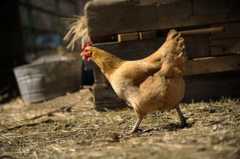
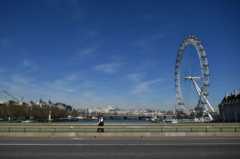
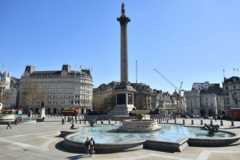
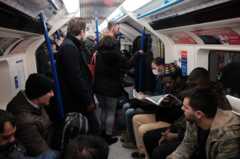

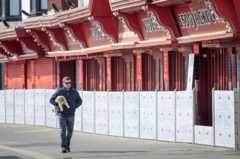

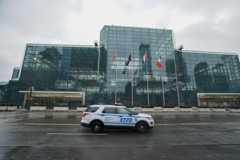
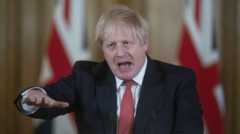

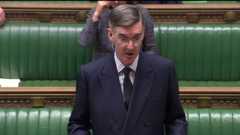

 's roads:
's roads: Crossing the border takes max. 15 min.
Crossing the border takes max. 15 min.  Green lanes open to vehicles carrying any type of goods
Green lanes open to vehicles carrying any type of goods  Govs suspend restrictions
Govs suspend restrictions  Less paper work for transport workers
Less paper work for transport workers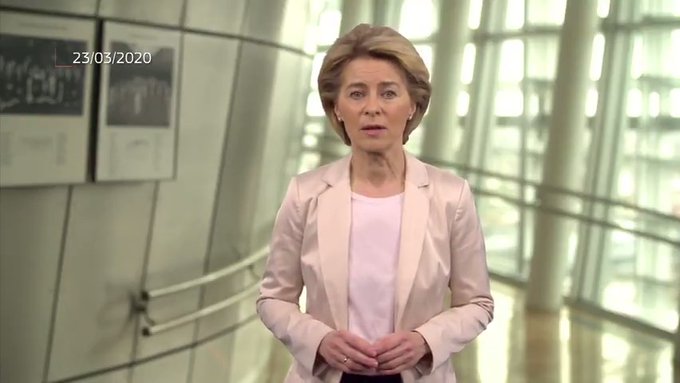


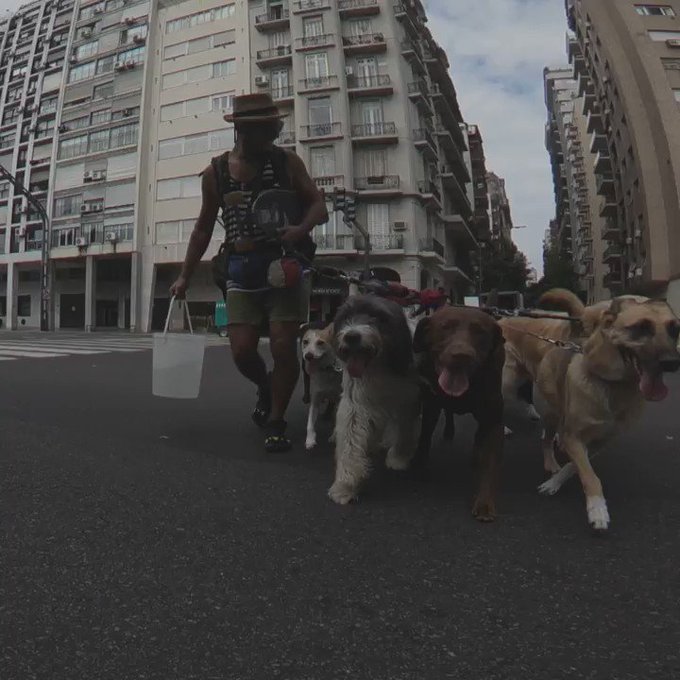
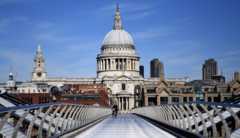
No comments:
Post a Comment